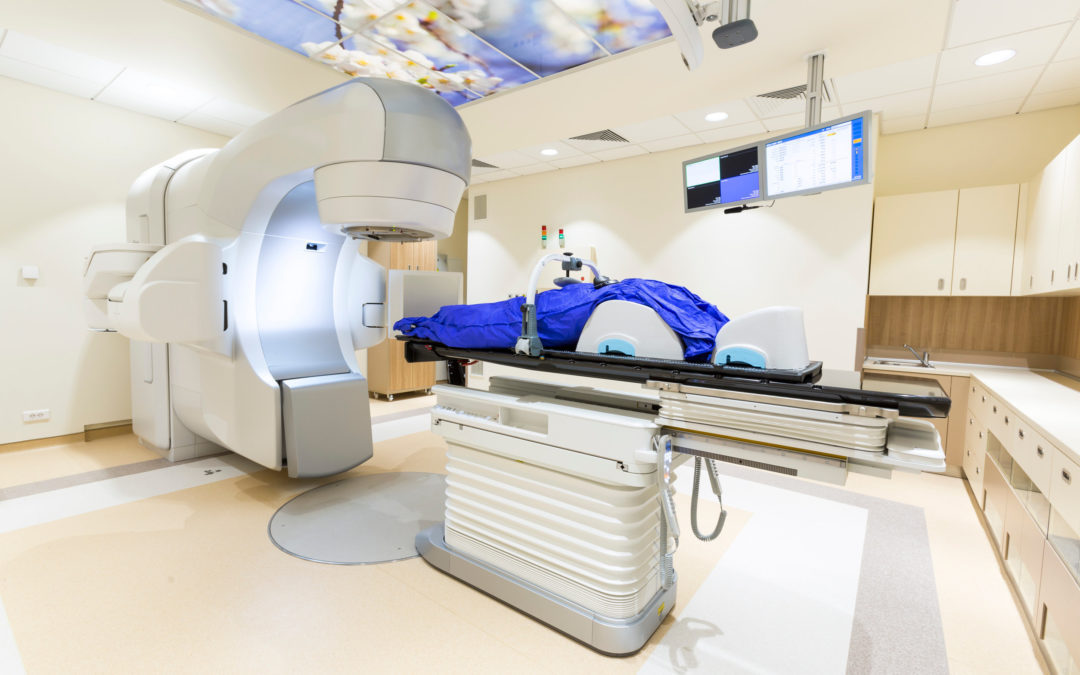Radiation therapy is currently used by some medical providers to treat skin cancer. However, this treatment presents several risks, and surgery remains the gold standard for the treatment of skin cancers.
Here, we’ll discuss how radiation therapy is used to treat skin cancer and the risks that it poses to patients.
How is Radiation Used to Treat Skin Cancer?
In radiation therapy, particles or high-energy rays are used to destroy cancer cells. Superficial radiation therapy or electron beam radiation are often used in this method of treatment. The radiation is targeted at the tumor for only a few minutes.
Radiation therapy is used in some cases of basal and squamous cell skin cancer as an alternative to surgery. It can be used to either treat cancer itself or relieve pain caused by cancer. Patients may have to return to the facility 15 to 30 separate times to receive this treatment.
The Risks of Radiation When Treating Skin Cancer
Radiation for skin cancer treatment presents numerous risks, including:
- Development of new skin cancers
Areas previously treated with radiation are at higher risk of developing new skin cancers in the future.
- Returning skin cancer
After radiation therapy, the skin cancer is at risk of returning. If it does return, it may be more difficult to successfully treat.
- Skin atrophy
There’s a risk of developing skin atrophy with radiation therapy. With skin atrophy, the skin degenerates, becomes thinner, and wastes away.
- Cutaneous necrosis
Cutaneous necrosis occurs when radiation destroys healthy skin in the treatment area.
- Chronic radiation dermatitis
This condition occurs when the skin becomes easily infected after radiation therapy.
- Dry, hairless skin
Radiation may lead to dryness and/or hair loss in the treated skin. Hair loss from radiation therapy may be permanent.
- Altered color in the skin
Radiation therapy can alter the color of the skin or cause it to lose its color.
Results From Radiation Fall Short to Surgery
Radiation therapy has shown to have lower cure rates than surgery for skin cancer. This fact, in combination with the risks listed above, leaves radiation as an unideal treatment for patients suffering from skin cancer.
At The Bowman Institute, we’re experts in skin cancer treatment and specialize in Mohs micrographic surgery. We’re proud to offer the highest quality medical care for skin cancer, including large and complicated tumors. Our physicians can advise you on the best, safest, and most efficacious treatment for your needs. Schedule an appointment at our office today!

